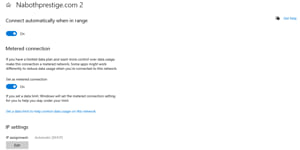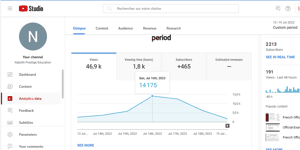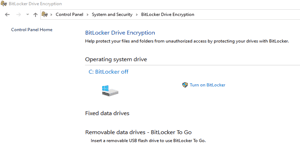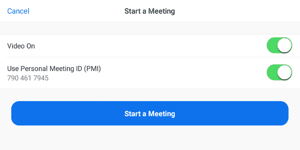In recent years, the concept of work has undergone a significant transformation, and one of the most prominent trends is the rise of work-from-home freelancing. This innovative approach to employment has gained substantial traction due to its unique blend of flexibility, autonomy, and diverse opportunities. In this article, we will delve into the world of work-from-home freelancing, exploring its advantages, challenges, tips for success, and its impact on both individuals and the broader job market.
Understanding Work From Home Freelancing
Work from home freelancing refers to a working arrangement in which individuals offer their skills, services, or expertise to clients or companies on a project-by-project basis, all while working from the comfort of their own homes. This type of work has gained popularity thanks to technological advancements, increased connectivity, and changing attitudes toward traditional employment.

Advantages of Work From Home Freelancing:
- Flexibility: One of the most appealing aspects of freelancing is the flexibility it offers. Freelancers can set their own schedules, allowing them to balance work with personal commitments and preferences.
- Autonomy: Freelancers have the freedom to choose their projects, clients, and rates. This autonomy empowers individuals to build a portfolio aligned with their skills and interests.
- Diverse Opportunities: The digital landscape has created a plethora of freelance opportunities across various industries. From writing and graphic design to programming and digital marketing, freelancers can find work that matches their expertise.
- Reduced Commute and Costs: Working from home eliminates the need for a daily commute, saving both time and money. Freelancers can also enjoy tax deductions for home office expenses.
- Global Reach: The internet enables freelancers to work with clients and companies from around the world, expanding their reach and potential for higher-paying gigs.
- Skill Enhancement: Freelancers often work on a wide range of projects, allowing them to develop diverse skills and gain valuable experience.
Challenges of Work From Home Freelancing:
- Income Stability: Freelancers might face income variability due to the inconsistent flow of projects and clients. Financial planning and management become crucial.
- Isolation: Working from home can be isolating, leading to a lack of social interaction and potential feelings of loneliness. Establishing a work routine and engaging in networking can help counteract this.
- Self-Discipline: Without a traditional office structure, freelancers need strong self-discipline to manage their time effectively and meet deadlines.
- Client Acquisition: Finding and retaining clients requires effort. Building a strong online presence and leveraging platforms like freelancing websites can assist in this process.
- Unpredictable Workload: The workload can vary significantly, with periods of high demand followed by lulls. Freelancers need to adapt to these fluctuations.
Tips for Success in Work From Home Freelancing:
- Create a Dedicated Workspace: Designate a specific area in your home as your workspace. This helps create a boundary between work and personal life.
- Set Clear Goals: Define short-term and long-term goals for your freelancing career. This provides direction and motivation.
- Effective Time Management: Develop a daily schedule that allocates time for work, breaks, and personal activities. Tools like time-tracking apps can be helpful.
- Continuous Learning: Stay updated with industry trends and enhance your skills regularly. This can make you more competitive in the freelance marketplace.
- Communication Skills: Effective communication is vital for remote freelancers. Clear and timely communication with clients helps in building trust and maintaining relationships.
- Diversify Income Streams: Relying on a single client or platform can be risky. Diversify your income sources to mitigate potential financial challenges.
Impact on Individuals and the Job Market:
The rise of work-from-home freelancing has profound implications for individuals and the job market as a whole. Individuals can achieve a better work-life balance, customize their career paths, and capitalize on their skills. The job market, on the other hand, becomes more fluid and dynamic, with companies accessing specialized talent on demand rather than hiring full-time employees.
However, this shift also challenges traditional employment models and raises questions about benefits, worker protections, and income stability. Governments and industries must adapt to ensure that freelancers receive fair compensation, access to healthcare, and other essential benefits.
In conclusion, work from home freelancing has revolutionized the way people work and opened up new possibilities for both individuals and the job market. It offers flexibility, autonomy, and diverse opportunities, while also presenting challenges related to income stability and isolation. Success in this field requires effective self-management, continuous learning, and adaptability. As the freelance landscape continues to evolve, individuals and society must collaborate to ensure a supportive and equitable environment for this growing workforce.
Share on:






